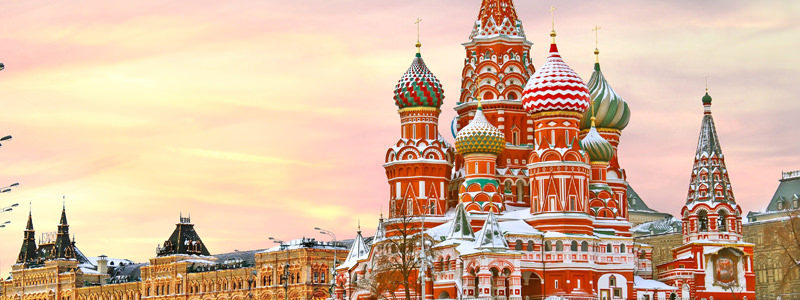
The history of vine and wine in Russia is a tangled one, and it seems things are only going to get more complicated. Russia’s elite have always had a taste for European wines, whether it was Czars importing Champagne centuries ago, or more recently the trade in Georgian wine. Massive vineyards were planted in the 50s and 60s to foster a domestic wine sector, yet by the 1980s anti-alcohol abuse programs saw those vines abandoned. Most recently, the country may have gained some fine vineyards after its de facto annexation of Crimea, but the resulting sanctions have Russia looking inward for more wine:
Russian news agency ITAR-TASS reports that Titov said: “We have proposed to establish a large corporation, which will be state-owned at the first stage, which would produce wine materials rather than operate on the wine brand market.”
Some further details:
According to Oleg Nilov, a member of Parliament and one of the architects of the new initiative, the production of wine in Russia should take place only at the facilities of state-owned enterprises, and enterprises where the controlling stake is owned by the state.
Nilov believes that the introduction of a state monopoly would allow Russia to increase the quality of wine produced in the country and significantly boost state revenues from the domestic wine industry.
A spokesperson for A Just Russia, a social democratic political party in Russia, which submitted the new draft bill to the national parliament and the government, said the introduction of a state monopoly would help Russia to remain independent of – and not dependent on – the international wine industry in case of restrictions or an entire ban on the wine imports to Russia, measures currently being considered by the national government as a response to Western sanctions.
Read more at Decanter and The Drinks Business.
Header Image via Shutterstock.com
